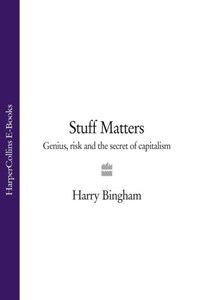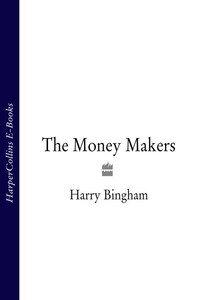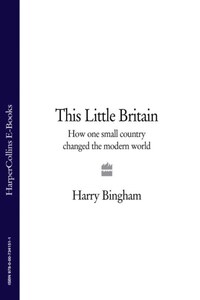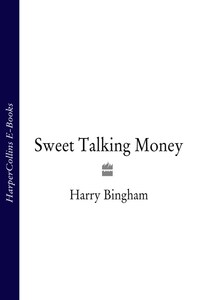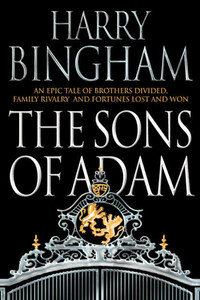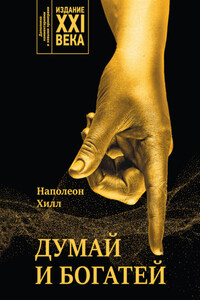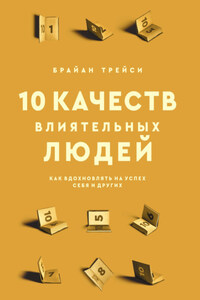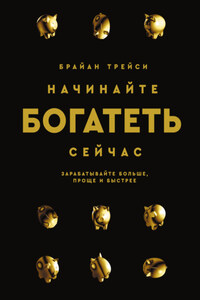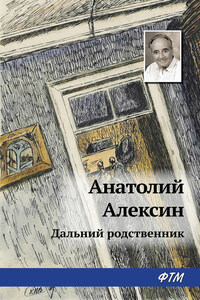This is a story which begins with a 7-year-old girl, a broken cooking pot, and a financial crisis.
The 7-year-old, Kat, is the daughter of some good friends of ours and not long ago she spent the weekend with my wife and me. Although we’d lined up a full programme of entertainment, the thing that Kat enjoyed most was our house, a picture perfect thatched cottage. She liked the huge old fireplaces, the chambers once used for smoking meat, the brick ovens used for baking bread. She loved scrambling up into the loft, where you can still see the original thatch poking through the original 350-year-old roof battens.
More than that, Kat was awestruck that the battens had simply been cut from the hedge outside the window, the thatching straw from the field just beyond. In Kat’s world, things come from shops, or on trucks, or by order over the internet. Houses certainly aren’t hand-built by their owners, using only materials to be found in the surrounding fields and hedgerows. In her eyes, the house was something from a fairy tale, a place that stood half a step from reality.
She was also peculiarly interested in an old metal cooking pot that stands on the hearth, and which we use to store newspaper, firelighters and other bits and pieces for the fire. Kat had somehow got it into her head that the cooking pot too was 350 years old and it fascinated her that this object had (as she thought) once been handled by someone old enough to be her eighteen-times-great grandmother. I didn’t have the heart to put her straight for two reasons. First, because the pot certainly looks battered enough to have seen off a century or two, and second, because I knew that a widow once living in this house did own an iron cooking pot. I know that because a neighbour had lent me a volume of local history which happened to record the old lady’s will, a document that bequeathed her terribly few possessions to different family members: a stool to one, some farming implements to another, a ‘cooking pot with a broken lid’ to a third and so on. Though she had almost nothing to leave, she nevertheless cared about the little she had. Back then, stuff mattered. Kat somehow sensed that. She understood that this fairy-tale world played by rules different from her own.
We had a lovely weekend with Kat, and when she left, the cooking pot reverted to its previous, non-magical status as Place to Store Firelighters. Quite likely, I’d have thought no more about it, except for the last ingredient of this tale: a financial crisis. Because all this took place the week after Fannie Mae and Freddie Mac imploded. The week when Lehman Brothers went spectacularly bust. The week when the Federal Reserve made an $85 billion loan to bail out the collapsed insurer AIG. The week when Merrill Lynch, a giant investment bank, was sold to Bank of America. The week when the speculative attacks on HBOS, a massive British bank, grew so intense that it too lost its independence.
Next to all of these calamities, the previous victims of the credit crunch hardly seemed to matter. Northern Rock? Phooey! What’s £25 billion between friends? Prior to that week, the biggest American victim of the credit crunch had been Bear Stearns, an investment bank forced to sell out for a derisory $2.2 billion. This week, no one was deriding any sale, no matter how small the consideration. You almost got the feeling that if you’d walked down Wall Street in possession of $10 and a bagful of doughnuts, you could have purchased any bank you wanted. ‘The doughnuts too, sir? You’re too kind.’
In these giddy conditions, a quotation came into my head, one that I couldn’t immediately place but which lingered anyway: ‘All that is solid melts into air, all that is holy is profaned.’ The rhythms were wrong, but the phrase possessed an almost Shakespearean intensity. Sensing that there was more to the fragment than I was remembering, I looked it up:
All that is solid melts into air, all that is holy is profaned…
Modern bourgeois society…a society that has conjured up such gigantic means of production and of exchange, is like the sorcerer who is no longer able to control the powers of the nether world whom he has called up by his spells…It appears as if a famine, a universal war of devastation, had cut off the supply of every means of subsistence; industry and commerce seem to be destroyed. And why? Because there is too much civilization, too much means of subsistence, too much industry, too much commerce.
